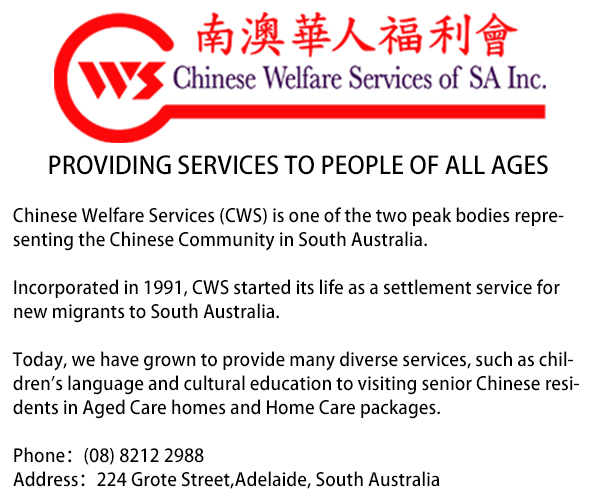The Australian government has announced a new policy prohibiting temporary residents from purchasing existing homes for a period of two years, from April 1, 2025, to March 31, 2027. This measure aims to alleviate the country’s ongoing housing crisis. Additionally, the government will tighten regulations on foreign investors hoarding land to ensure more housing supply reaches the market.
Temporary Residents Face Home Purchase Ban
Previously, foreign investors were largely restricted from purchasing existing homes in Australia, except in limited circumstances, such as for work or study. Under the new policy, temporary residents will also be barred, further tightening restrictions on foreign property ownership.
During the two-year ban, the federal government will review the policy to assess whether it should be extended or made permanent. To enforce compliance, the Australian Taxation Office (ATO) will receive $5.7 million over four years for an enhanced monitoring program. The Labor government has signaled its openness to making the ban a long-term measure if necessary.
Australia’s Housing Crisis and Policy Response
Australia is currently experiencing a severe housing crisis, driven by record migration levels, slow planning approvals, and a shortage of skilled construction workers. Housing affordability has become a key issue for voters, second only to the rising cost of living.
To address these challenges, the Albanese government has introduced a $32 billion housing policy package, including the $5.5 billion “Help to Buy” program, which passed federal parliament last year. This program aims to assist 40,000 homebuyers by providing up to 40% of the home’s purchase price, with repayment required when the home is sold.
Labor has also pledged to build 1.2 million homes by 2030, but economic modeling by Deloitte Access Economics suggests fewer than 1 million may actually be built. To meet its target, Australia needs to construct 240,000 homes per year, a number only reached twice in history (2016 and 2021). In contrast, only 173,000 homes were completed in 2023.
Competing Housing Policies
The opposition Coalition party has proposed alternative housing policies, including:
- Allowing first-home buyers to withdraw up to $50,000 from their superannuation for a home deposit.
- Allocating $5 billion to housing infrastructure projects, such as water, electricity, and sewage systems.
- Freezing national construction regulations for 10 years to cut red tape and streamline development.
In November 2023, Opposition Leader Peter Dutton promised to ban temporary residents from buying existing homes if the Coalition wins the next federal election (due by May 17, 2025). The Labor government’s adoption of this policy is seen as a move to neutralize it as an election issue while focusing on housing supply measures.
Treasurer Jim Chalmers described the policy as a “minor but meaningful” change:
“Until now, foreign investors have generally been barred from buying existing property, except in limited cases such as for work or study. This policy strengthens those restrictions.”
Crackdown on Foreign Land Hoarding
The government is also tightening regulations on foreign property investment. Existing rules already limit foreign investors to purchasing new developments, with a 50% cap on foreign ownership in newly built projects. Additionally, foreign-owned properties left vacant for six months or more are subject to an annual vacancy tax.
As part of its new housing strategy, the government has announced an additional $8.9 million investment over four years (starting in 2025-26), plus $1.9 million in ongoing funding, to strengthen the ATO’s ability to detect “land banking”—the practice of purchasing land and holding it without development to profit from rising prices.
Housing Minister Clare O’Neil emphasized the government’s commitment to enforcing these regulations:
“We are focused on ensuring compliance and identifying investors who acquire land but fail to develop it, waiting for prices to rise before selling for profit.”
This policy shift signals the Australian government’s intensified efforts to curb speculative foreign investment, increase housing availability, and ease affordability pressures for local buyers.





